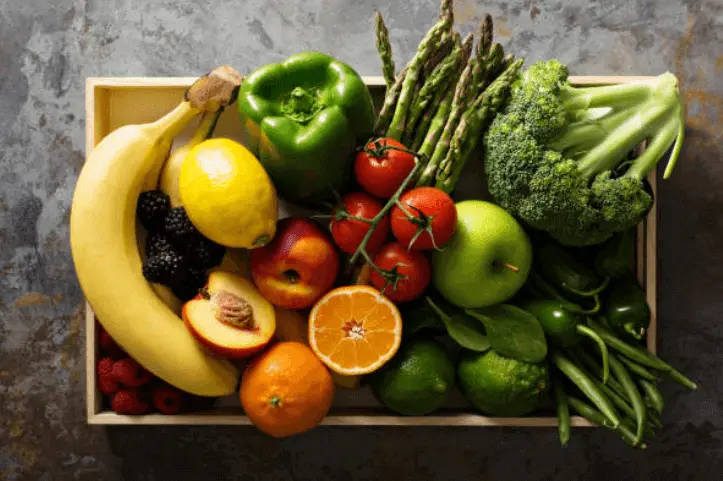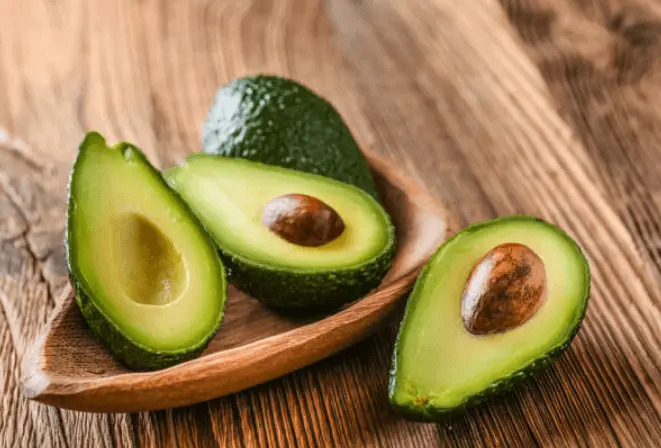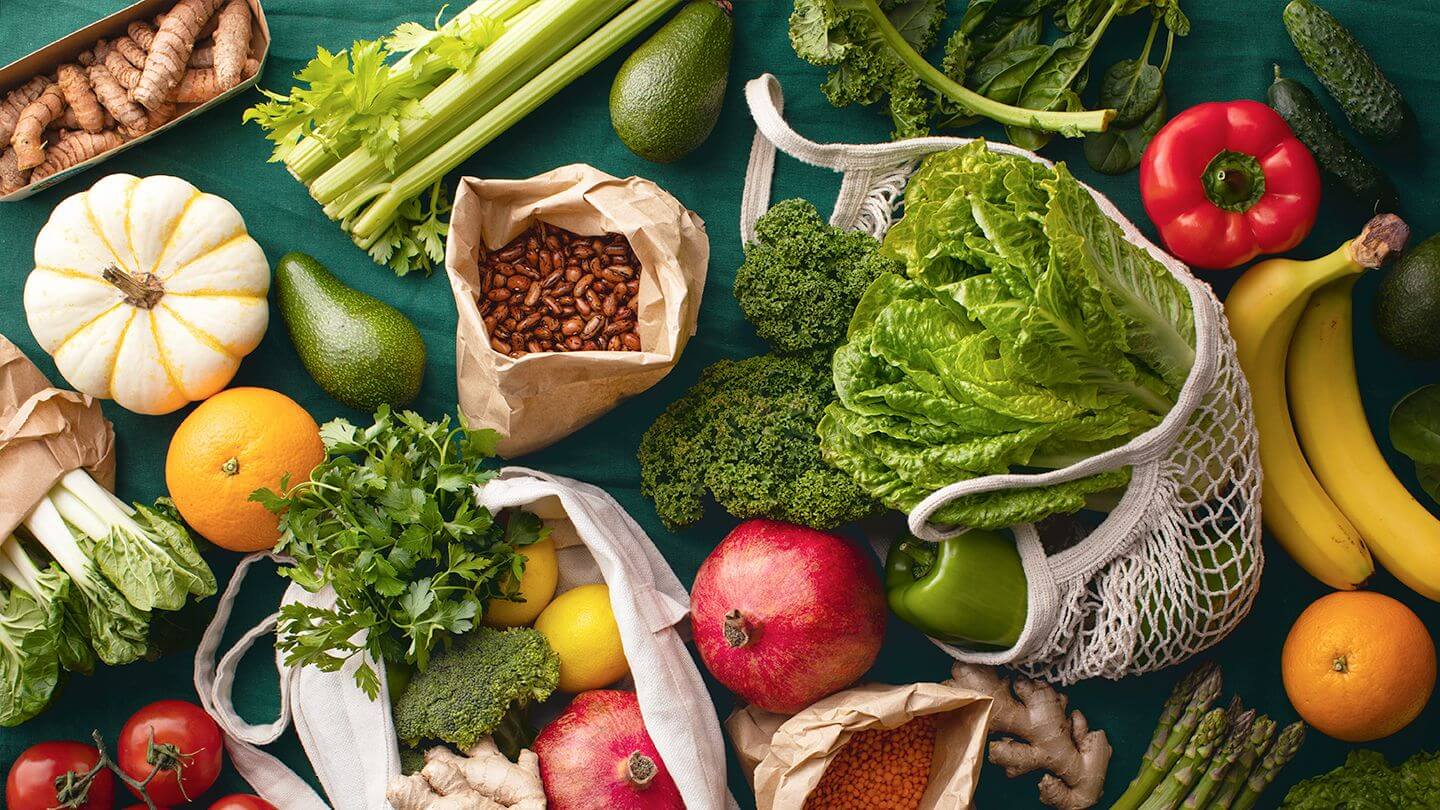Cholesterol is a waxy component created by your liver and obtained from the consumption of animal products such as meat, dairy, and eggs.
Consuming a lot of cholesterol causes your liver to create less of it; dietary cholesterol has little effect on total cholesterol levels. Saturated fat, trans fat, and sugar consumption, on the other hand, can elevate cholesterol levels.
Keep in mind that there are various forms of cholesterol. While “good” HDL cholesterol is excellent for you, high levels of “bad” LDL cholesterol have been associated with an increased risk of heart disease, heart attack, and stroke.
This is due to the fact that LDL cholesterol is more prone to sticking to the walls of your arteries and forming plaques, which obstruct the blood channels.
Here are 10 dietary guidelines for lowering cholesterol and lowering your risk of heart disease.
1. Consume Soluble Fiber-Rich Foods
Beans, legumes, whole grains, flax, apples, and citrus are high in soluble fiber.
Because humans lack the enzymes needed to break down soluble fiber, it passes through the digestive tract, absorbing water and producing a thick paste. Bile is produced by the liver to aid with fat digestion. Both the fiber and the associated bile are eventually eliminated in your stool.
Insoluble fiber such as white bread, waffles, noodles, etc. should be avoided.
2. Eat a Variety of Fruits and Vegetables
Consuming fruits and vegetables is a simple strategy to maintain LDL cholesterol levels.
Adults who eat at least four servings of fruits and vegetables per day have lower LDL cholesterol levels than those who eat fewer than two servings per day, according to research.

Fruits and vegetables are also rich in antioxidants, which help to keep LDL cholesterol from oxidizing and building plaques in your arteries. These cholesterol-lowering and antioxidant properties, when combined, can minimize your risk of heart disease.
According to research, persons who eat the most fruits and vegetables had a 17% lower risk of acquiring heart disease over a 10-year period than those who consume the least.
3. Use Herbs and Spices to Cook
Herbs and spices are nutrient-dense foods high in vitamins, minerals, and antioxidants.
Garlic, turmeric, and ginger have been found in human studies to be highly efficient at lowering cholesterol when consumed on a daily basis.
Herbs and spices include antioxidants that prevent LDL cholesterol from oxidizing, hence minimizing the creation of plaques within your arteries. Even though herbs and spices are not commonly ingested in big numbers, they can considerably contribute to the total quantity of antioxidants consumed each day.
Antioxidants are present in dried oregano, sage, mint, thyme, clove, allspice, and cinnamon, as well as fresh herbs, including oregano, marjoram, dill, and cilantro.
4. Consume a Diverse Range of Unsaturated Fats
Food contains two types of fats: saturated and unsaturated.
Saturated fats have no double bonds and are highly straight, allowing them to pack together firmly and remain solid at room temperature.
Unsaturated fats have at least one double bond and a twisted form, which prevents them from connecting as firmly. Because of these properties, they are liquid at room temperature.

Replacing most of your saturated fats with unsaturated fats will reduce “bad” LDL cholesterol levels. Long-term research has also revealed that persons who consume more unsaturated fats and fewer saturated fats have lower cholesterol levels over time.
Avocados, olives, fatty fish, and almonds are high in heart-healthy unsaturated fats therefore eating them on a daily basis is good.
5. Avoid Added Trans Fats
While trans fats occur naturally in red meat and dairy products, the majority of individuals get them via artificial trans fat, which is found in many restaurants and processed meals.
Hydrogenating — or adding hydrogen to — unsaturated fats such as vegetable oils to modify their structure and solidify them at room temperature yields artificial trans fats. Trans fats are a low-cost substitute for natural saturated fats and are extensively employed by restaurants and food producers.
Substantial evidence, however, reveals that ingesting manufactured trans fats raises “bad” LDL cholesterol, lowers “good” HDL cholesterol, and is associated with a 23% increased risk of heart disease.
In ingredient lists, look for the terms “partially hydrogenated.” This word denotes the presence of trans fat in the meal and should be avoided. Artificial trans fats are no longer permitted in restaurants or processed meals sold in the United States as of June 2018, making them much easier to avoid.
Trans fats contained naturally in meat and dairy products can also elevate LDL cholesterol. They are, nevertheless, present at small enough levels to not pose a significant health danger.
6. Consume fewer added sugars
Saturated and trans fats aren’t the only fats that can elevate cholesterol levels. Consuming too many added sugars can have the same effect.
In one study, participants who received 25% of their calories from high-fructose corn syrup drinks reported a 17% increase in LDL cholesterol in just two weeks. Worryingly, fructose increases the quantity of small, dense oxidized LDL cholesterol particles in the blood, which contributes to heart disease.
An estimated 10% of Americans consumed more than 25% of their daily calories from added sugars between 2005 and 2010. A study found that these persons were nearly three times more likely to die from heart disease than those who had less than 10% of their calories from added sugars.
The American Heart Association recommends that women and children consume no more than 100 calories (25 grams) of added sugar per day and that men consume no more than 150 calories (37.5 grams) per day.
You can achieve these aims by carefully reading labels and selecting items with no added sugars wherever possible.
7. Follow a Mediterranean Diet
Following a Mediterranean-style diet is one of the simplest methods to adopt the above lifestyle adjustments.
Mediterranean diets are high in olive oil, fruits and vegetables, nuts, whole grains, and seafood, while low in red meat and most dairy products. During meals, alcohol is consumed in moderation, usually in the form of red wine.

This eating plan is regarded as particularly heart-healthy since it incorporates numerous cholesterol-lowering meals while avoiding many cholesterol-raising ones.
Following a Mediterranean-style diet for at least three months has been proven to maintain LDL cholesterol levels. When followed in the long term, it also reduces the risk of heart disease by up to 52% and the risk of death by up to 47%.
8. Consume More Soy
Soybeans are high in protein and include isoflavones, which are plant-based chemicals with a structure comparable to estrogen.
Soy protein and isoflavones have been shown in studies to have substantial cholesterol-lowering effects and can cut your risk of heart disease.
Less processed forms of soy, such as soybeans or soy milk, are likely to decrease cholesterol more effectively than processed soy protein extracts or supplements.
9. Consume Green Tea
Green tea is created by heating and drying Camellia sinensis plant leaves.
Tea leaves can be steeped in water to form brewed tea or crushed into powder and combined with a liquid to make matcha green tea.

Green tea also contains antioxidants, which can help keep LDL cholesterol from oxidizing and developing plaques in your arteries. Drinking at least four cups per day offers the best protection against heart disease, but even one cup per day can cut your risk of heart attack by about 20%.
10. Examine Cholesterol-Reducing Supplements
In addition to nutrition, several supplements can help naturally lower cholesterol levels.
- Niacin: Taking 1-6 grams of niacin daily for a year can reduce LDL cholesterol levels by up to 19%. It can, however, have negative effects and should only be used under medical care.
- Psyllium husk: Rich in soluble fiber, psyllium husk can be combined with water and ingested daily to decrease cholesterol. According to research, psyllium husk supplements cholesterol-lowering medications.
- L-carnitine: L-carnitine decreases oxidation and lowers LDL levels in diabetics. Taking 2 grams per day for three months has been shown to reduce oxidized cholesterol levels five times more than a placebo.
Before beginning a new diet or supplement program, always discuss it with your doctor.
In conclusion
High “bad” LDL cholesterol levels, particularly tiny, dense oxidized LDL, have been related to an increased risk of heart disease.
Changes in diet, such as eating more fruits and vegetables, cooking with herbs and spices, consuming soluble fiber, and increasing consumption of unsaturated fats, can help lower cholesterol levels and minimize these risks.
To keep cholesterol within healthy limits, avoid components that raise LDL cholesterol, such as trans fats and added sweets. Certain foods and supplements, such as green tea, soy, niacin, psyllium husk, and L-carnitine, can also help decrease cholesterol levels.
Overall, a variety of simple dietary modifications can have a substantial impact on your cholesterol levels.
